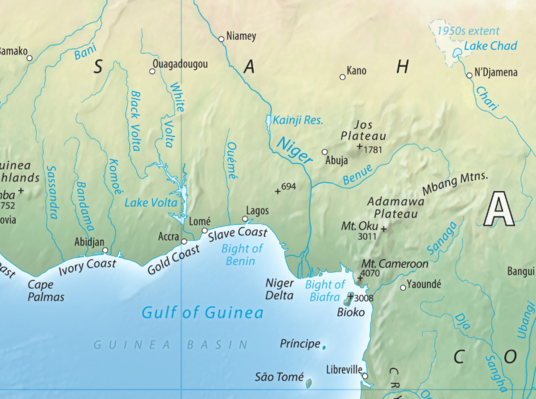
P158_Nigeria
Environmental Lassa Virus Investigation and Surveillance
Cooperating countries: Nigeria and Austria
Coordinating institutions: Medical University of Vienna, TU Wien (Vienna University of Technology), Fabian Amman fabian.amman@meduniwien.ac.at
Partner institution: Bowen University
Project duration: 1 December 2025 - 30 November 2027
Budget: EUR 34.280
Abstract:
Lassa fever (LF), a tropical disease endemic to regions in West Africa, is among the top pandemic threats according to the World Health Organization, due to its substantial morbidity and mortality, and the lack of effective medical countermeasures. LF control is hampered, among other factors, by fragmentary knowledge of the true incidence rate and the genetic landscape of Lassa virus (LASV), the respective aetiological agent. Innovative surveillance methods can contribute to closing these gaps. The application of wastewater-based epidemiology (WBE) to monitor infectious diseases has been proven useful, especially for the control of poliovirus and SARS-CoV-2. Although WBE has been extensively applied in more developed countries to monitor diseases, its application is limited in low-resource countries. In our proposed project, we aim to develop methodology to detect, quantify, and genetically characterize LASV from wastewater samples. Once established, these methods can be utilized in a cost-efficient LASV surveillance program, with the potential to inform diagnosis practices in local clinics, be useful for the efficient design of clinical studies, and serve as a baseline for quick risk assessment in the case of future outbreaks. At the same time, the project will serve as a platform to exchange knowledge between the Austrian (experienced with WBE methodology) and Nigerian (experienced in public health and LF) partners and foster a long-term liaison for the mutual benefit of the early career researchers involved. In doing so, the project will contribute to the UN sustainable development goal #3 (good health and well-being) and #17 (partnership for the goals).